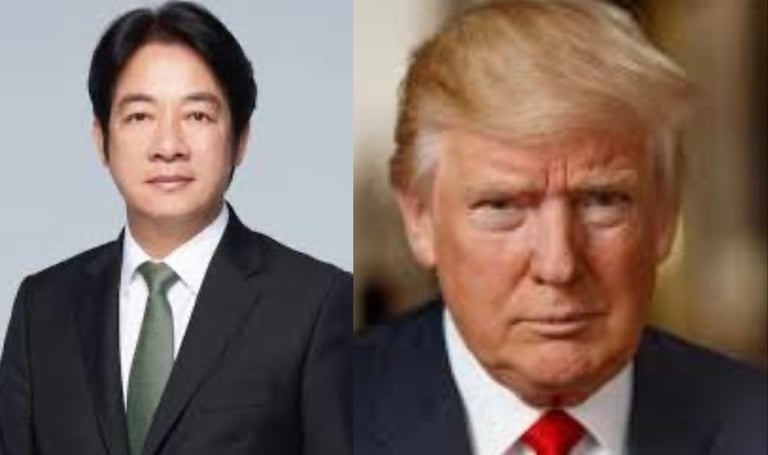Time to Dump ‘One China’ Policy Say House Republicans
WORLD


A growing number of House Republicans are rallying behind a renewed push to formally recognize Taiwan as an independent nation, challenging the United States’ long-standing "One China" policy that has shaped diplomatic relations with Beijing for decades.
While the resolution introduced in February 2025 by Representatives Tom Tiffany (R-WI) and Scott Perry (R-PA) has not progressed through Congress, it marks a significant shift in sentiment within the Republican Party — and reflects rising support for a more assertive stance on Taiwan.
“Taiwan has never been under the control of the People’s Republic of China – not even for a single day. It is a free, democratic, and independent nation, and it is past time for U.S. policy to reflect this undeniable objective truth,” Rep. Tiffany said in a statement when tabling the resolution.
The proposal calls on President Donald Trump to formally abandon the "One China" framework and instead pursue full diplomatic relations with Taipei. It urges the administration to appoint a U.S. ambassador to Taiwan, support the island's membership in international organizations, and pursue a bilateral free trade agreement.
Although the resolution remains stalled in committee and is unlikely to be brought to a vote in the near term, its backing by over two dozen House Republicans signals a notable hardening of U.S. legislative posture on China-Taiwan relations.
Observers note that the move is largely symbolic — as a concurrent resolution, it would not carry the force of law. Still, the growing list of supporters illustrates mounting frustration with Beijing’s aggression and a desire within Congress to more openly back Taiwan’s autonomy.
The resolution coincides with other bipartisan efforts in Congress to bolster Taiwan’s international presence and strengthen economic ties. Several lawmakers have also called for expanding defense cooperation and ensuring Taiwan’s participation in global institutions.
While the Biden administration had carefully navigated the One China policy, the current Trump administration has yet to publicly respond to the resolution or signal a shift in official U.S. diplomatic recognition. However, the momentum among lawmakers continues to build.
As tensions with China remain high over issues ranging from trade to military posturing in the South China Sea, the proposal underscores how Taiwan’s status has become a defining issue in U.S. foreign policy — and one that may soon demand more than symbolic gestures.